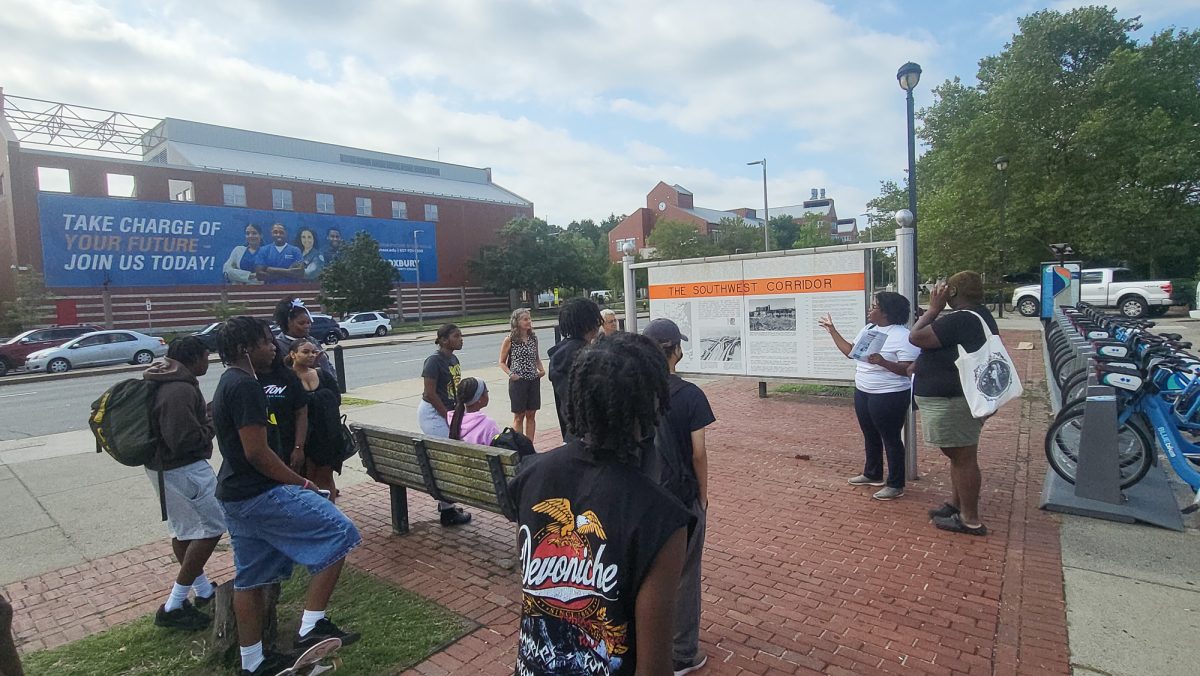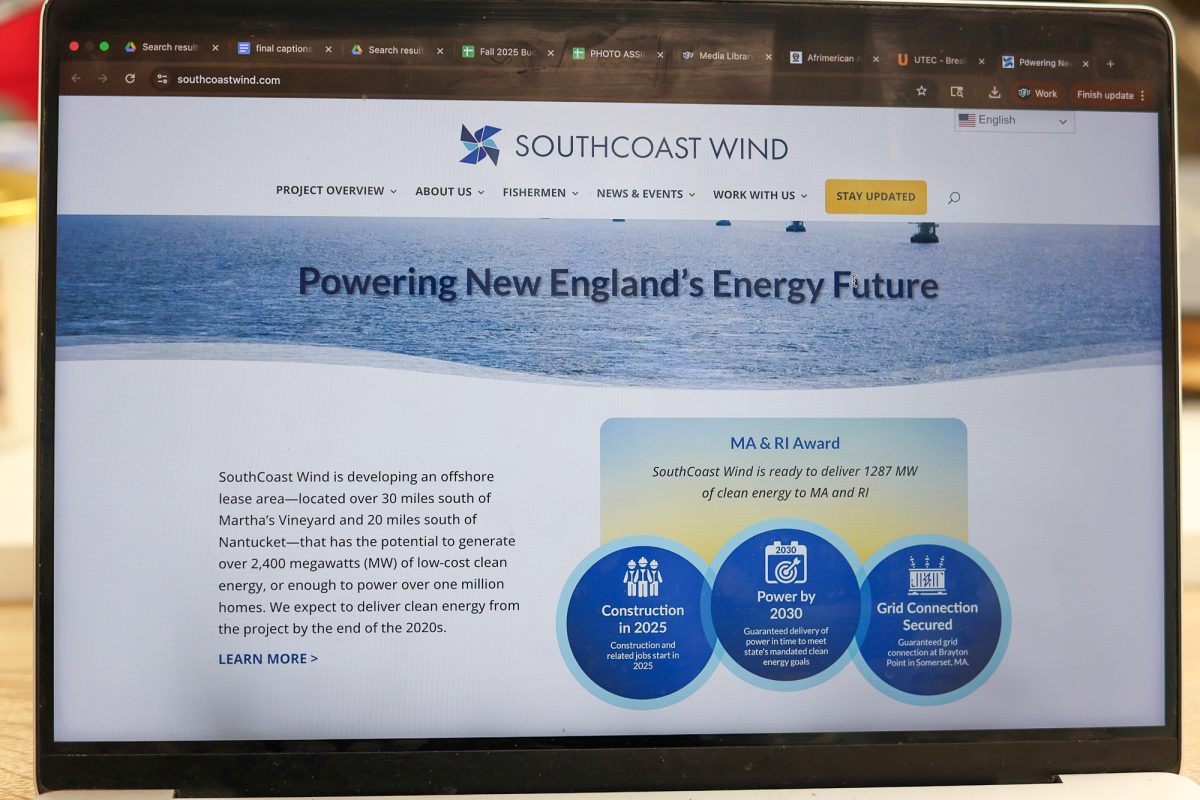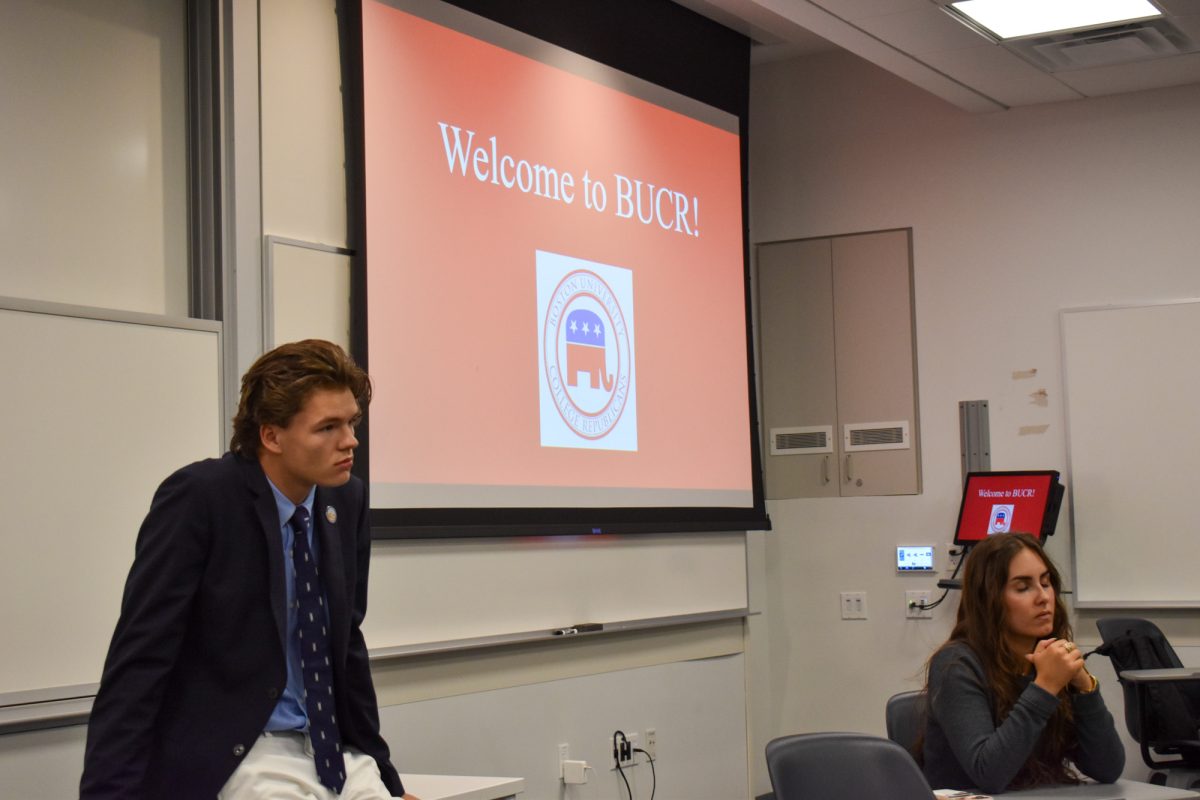The presence of AI in the job application process has become increasingly prevalent. Companies are using AI to make the hiring and onboarding process more efficient, as it allows them to assess a large volume of candidates and arrive at decisions at a significantly faster rate than before.
According to a survey by the New York State Society of Certified Public Accountants, 68% of job firms are planning to use AI in their recruitment process by the end of 2025.
The survey conducted in October 2024, in which 948 business leaders participated, discovered that 82% of companies use AI to review resumes, and 23% use AI to direct interviews. However, 76% of firms will employ AI to ask interview questions by 2025.
Resumes and cover letters, which hiring recruiters once had to read and manually sort for hours on end, are now analyzed by AI scanners programmed to search for keywords and phrases to determine a candidate’s eligibility.
This has significantly decreased the value of one’s resume, which at one point was one of — if not the most — important components to an application and now is merely an entry point to get through AI before receiving human contact.
The increase in AI use is not only occurring on the hiring side of the job market. Roughly 65% of applicants utilize AI at some point in their application process, according to a study by Career Group Companies. Such functions range from giving general career advice to tailoring resumes based on specific job descriptions and requirements to incorporating keywords into resumes.
One could assume that a significant amount of today’s job application process is AI communicating with other AI.
Today, recent post-graduates struggle for extended periods of time to find employment despite higher education, which at one point posed a significant advantage in the job search process.
A recent report from Oxford Economics found that young adults in the United States have a 6% unemployment rate — 1.8% higher than the national average. This is the first time in 45 years that data has reported a higher unemployment rate for young, college-educated individuals than the national average.
For those who are employed, there are greater nuances to this employment that may not be apparent to the naked eye. More than half of American Gen Z graduates enter a job that doesn’t typically require a degree. There are also recent graduates who enter the workforce in jobs that do not match their primary or prior training.
This struggle for employment among young, college-educated adults is in part due to a disproportionate number of available workers compared to the limited number of open jobs.
The advancement of AI is also reducing entry-level jobs that recent grads with limited experience likely would fill. Since January 2023, there has been a 35% decrease in the number of job postings for entry-level positions. A lack of entry level jobs contributes to the disparity in available young workers to open job positions.
Today, one might assume that the rising cost of college is indicative of increased value, as those with higher education typically have higher prospects than applicants without it.
In the 2024-25 academic year, the tuition for a full-time student at Boston University was $66,670, excluding room and board. This year the tuition soared to $69,870, with a $3,200 or roughly 4.8% tuition increase.
If nearly $70,000 worth of education per year cannot promise recent graduates a job, what is the ever-rising price of higher education actually buying today?
It’s a term you definitely know and perhaps hear all the time: networking.
Today, higher education buys you access to a network of well-connected professors, industry professionals and like-minded motivated individuals who may aid you in the future. Networking — for those who don’t have nepotism — has become almost vital for those who want access to competitive jobs and internships.
According to Forbes, career experts estimate 70-80% of all open job positions are a part of the “hidden” job market that can only really be accessed through networking or internal employee referrals.
While higher education may no longer be the golden ticket to high-paying jobs immediately after graduation, perhaps it offers an equally valuable opportunity to reap the benefits of human connection in an employment landscape that’s becoming increasingly dominated by AI bots.
Whether potential access is enough to justify the escalating price of higher education is a question colleges and universities will soon be forced to confront.
This Editorial was written by Opinion Co-Editor Anjola Odukoya.





















































































































